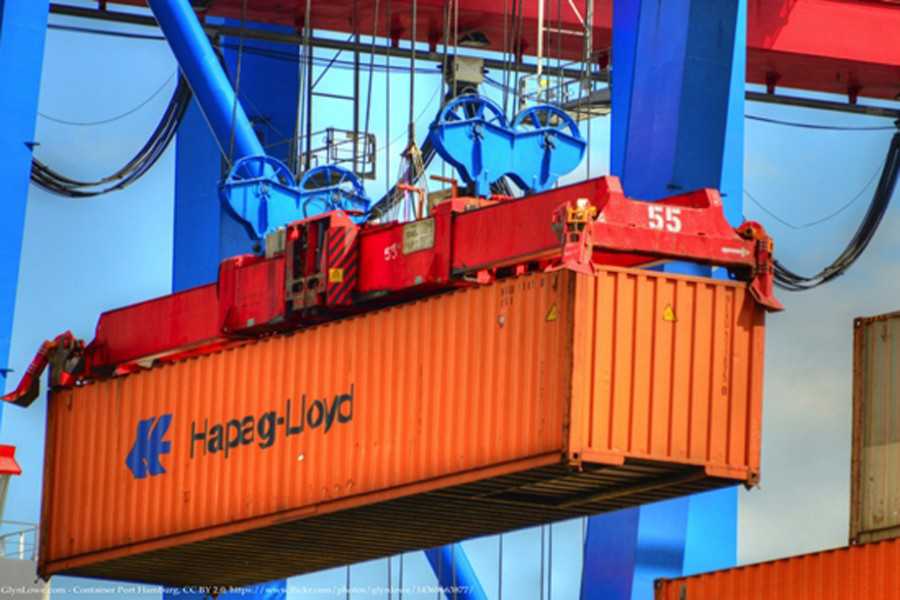Service charge on export consignments likely

Image collected
The federal government is contemplating imposing service charge on export consignment beneath the European Union's (EU) Registered Exporter System (REX) aiming to wthhold the GSP facility there, officials said.
The rate of service charge is likely to be fixed at Tk 500 per consignment. Or the board of directors of the state-run Export Promotion Bureau (EPB) would fix the rate after getting approval from the commerce ministry, they added.
"We want to impose service charge rationally on the country's exporters concerned," a senior EPB official acquainted with the issue said.
The REX is something of certification of origin of goods based on a principle of self-certification, according to the EU official website.
The REX documentation system of origin of goods is applicable for the EU's GSP beneficiary countries and the EU notified Bangladesh about any of it in 2017.
The EPB started registering local exporters with the EU's REX database system since July 21 last year, an official said.
To date, the EPB has registered around 2,000 local exporters, nearly all whom are from the textile and RMG sector, he added.
The exporters are facing difficulties due to recent declining trend in export growth. Exporters, however, expressed deep concern over the proposed charge, saying that the growth of the export sector will be affected badly if the federal government approves it, industry insiders said.
If the machine is introduced, it could be suicidal for the exporters, they warned.
Based on the EU guideline, Statement of Origin (SoO) the exporters concerned announce has to maintain and complete by the EPB.
Preparing the database, monitoring, verification, any changes including amendment, enchantment of REX need to complete after scrutiny and sorting in details that are huge time-consuming than that of issuing earlier GSP, according to the EPB document.
But the responsibility of the EPB has been increased manifold for completion of REX procedures. Simultaneously, procedural journey is very cost-effective. The database may also be kept preserved for five-year period, the document showed.
To regulate forgery, monitoring, verification/inspection, risk analysis of the info supplied by the exporters, necessary data matching software should be collected, established and operated for assortment of real-time data from the National Board of Revenue (NBR) and the central bank, it reads.
That, additional fund need to be kept aside. Meanwhile, a move has been taken up to develop the data matching software, in addition, it added.
The exporters get GSP facility based on information which is provided in the SoO. Currently, the quantity of exporters to the EU is just about 3,000.
However, country's exporters are perusing the government for not imposing such charges for the sake of the country's export sector.
The Bangladesh Garment Manufacturers and Exporters Association president said, "We've already approached EPB for waiver. Since their work pressure will decrease, we believe they shouldn't be charging us at all."
The effective application date of REX system for Bangladesh began on January 01, 2019, and ended on December 31.
Bangladesh offers a six-month grace period until June 30 to comply with the European Union's (EU) Registered Exporter (REX) recognition system of origin of goods.
"There will be no scope to issue GSP form-A (the existing certification system) following the June 30 deadline," a deputy director of the state-run entity warned.
The REX system is based on principle of self-certification by exporters, who'll issue statements on origin to themselves on eligibility of duty-free facility to the EU, the largest export market of Bangladesh.
To be eligible for issue the statements on origin, all local exporters will have to be registered with the EU database, referred to as the REX system, through the EPB.
The REX system has been implemented to simplify export formalities aswell as to reduce workload, cost of exporter and administrative burden.
Currently, Bangladesh enjoys duty-free facility in exporting goods to the EU under its EBA (everything but arms) scheme. More than 60 % of Bangladeshi goods are exported to the EU.
The country fetched US$ 40.53 billion by exporting goods in the fiscal year 2018-19, according to the official data.
Source: https://thefinancialexpress.com.bd